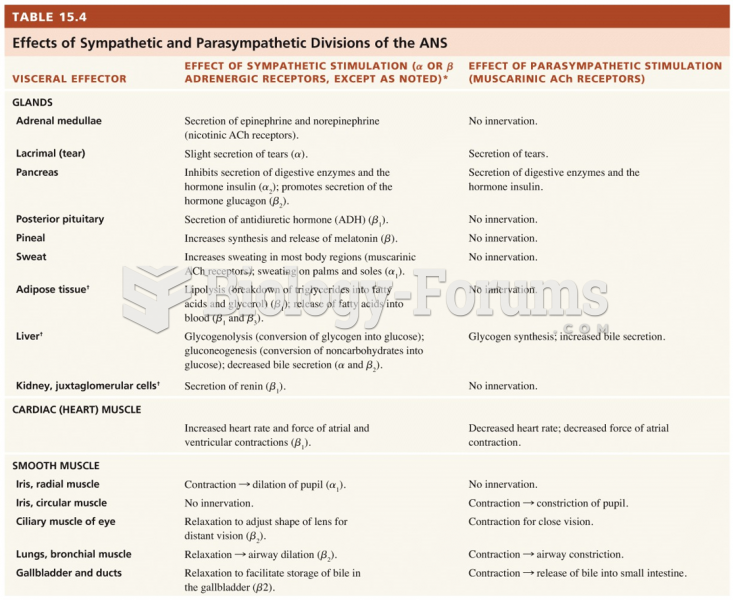Answer to Question 1
Answer: Developing countries specialize in two distinctive types of business services. These are offshore financial services and back office functions. Small countries, usually islands and microstates, exploit niches in the circulation of global capital by offering offshore financial services. Offshore centers provide two important functions in the global circulation of capital:
Taxes: Taxes on income, profits, and capital gains are typically low or nonexistent. Companies incorporated in an offshore center also have tax-free status regardless of the nationality of the owners.
Privacy: Bank secrecy laws help individuals and businesses evade disclosure in their home countries. People and corporations can protect their assets from lawsuits by depositing their money in offshore banks. Creditors cannot reach such assets in bankruptcy hearings. The privacy laws and low tax rates in offshore centers can also provide tax havens. Offshore centers include dependencies of the United Kingdom and other developed countries, as well as independent countries. A prominent example is the Cayman Islands, a British Crown Colony in the Caribbean Sea, near Cuba. The Caymans have only 40,000 inhabitants but also count 70,000 companies, including several hundred banks and the world's four largest legal and accounting firms. In the Caymans, it is a crime to discuss confidential business, defined as matters learned on the job, in public.
Assets placed in an offshore center by an individual or corporation in a trust are not covered by lawsuits originating in other countries. To get at those assets, additional lawsuits would have to be filed in the offshore centers, where privacy laws would shield the individual or corporation from undesired disclosures.
Answer to Question 2
Answer: In many developed countries, geographers observe that ranking settlements from largest to smallest produces a regular pattern or hierarchy. This is the rank-size rule, in which the country's nth-largest settlement is 1/n the population of the largest settlement. A country's second-largest city is one-half the size of the largest, the fourth-largest city is one-fourth the size of the largest, and so on. When plotted on logarithmic paper, the rank-size distribution forms a fairly straight line. The distribution of settlements closely follows the rank-size rule in the United States and a handful of other countries. If the settlement hierarchy does not graph as a straight line (on a logarithmic scale), then the society does not have a rank-size distribution of settlements.
Several developed countries in Europe follow the rank-size distribution among smaller settlements but not among the largest ones. Instead, the largest settlement in these countries follows the primate city rule. According to the primate city rule, the largest settlement has more than twice as many people as the second ranking settlement. In this distribution, the country's largest city is called the primate city. The existence of a rank-size distribution of settlements is not merely a mathematical curiosity. It has a real impact on the quality of life for a country's inhabitants. A regular hierarchy, as in the United States, indicates that the society is sufficiently wealthy to justify the provision of goods and services to consumers throughout the country.
Conversely, the primate city distribution in a developing country indicates that there is not enough
wealth in the society to pay for a full variety of services.







